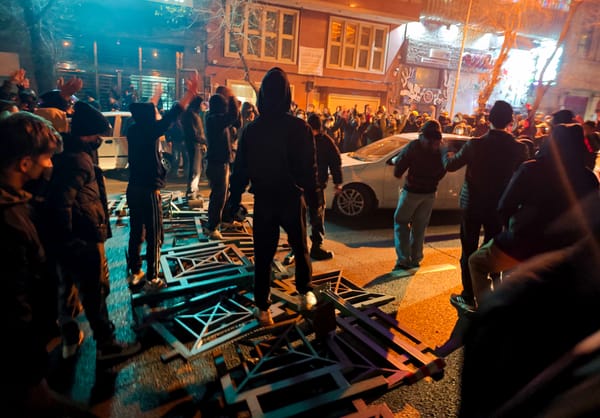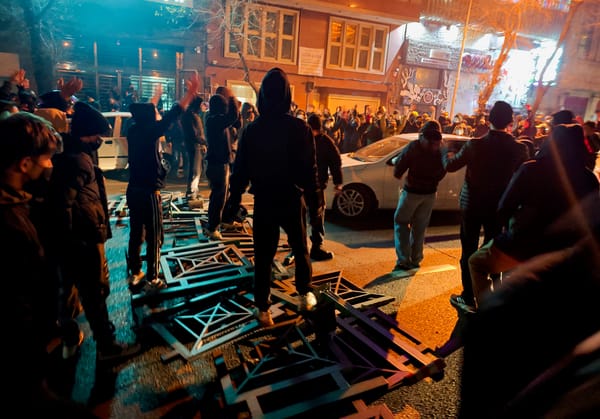Why Not Jordan?
The November 13 withdrawal of fuel and electricity subsidies has sparked vigorous demonstrations [http://www.washingtonpost.com/blogs/worldviews/wp/2012/11/13/protests-break-out-in-jordan-mention-king-by-name/] in Jordan, prompting renewed speculation about whether the wave of Arab uprisings that be






